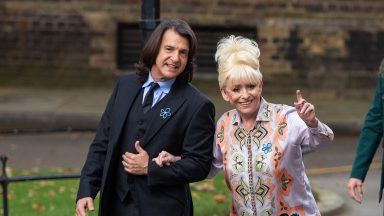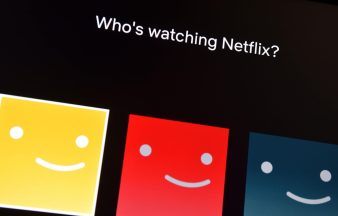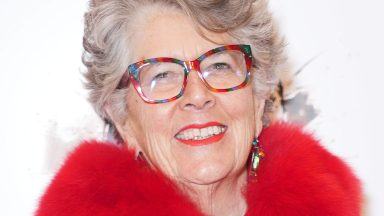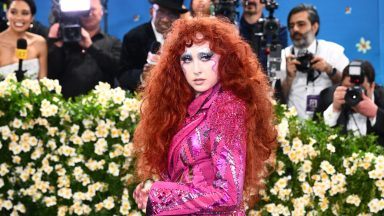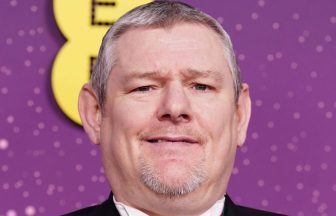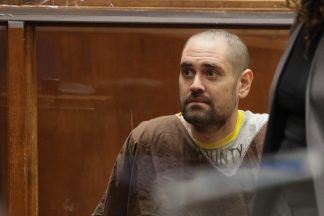The BBC’s director-general has said the licence fee freeze will result in a £285m gap in funding for the corporation and will “no doubt” affect the broadcaster’s “frontline output”.
Tim Davie said the corporation felt it was being “listened to” but given the licence fee was set by politicians “you are in the political swirl”, and he expressed disappointment at the freeze, saying “we would have liked to have seen an inflation rise throughout the period”.
His comments follow confirmation from culture secretary Nadine Dorries on Monday that the licence fee would be frozen at £159 for two years, until 2024, after which it will rise in line with inflation for the following four years.
Mr Davie told BBC Radio 4’s Today programme: “Our estimate is, and just to set this clearly for everyone, by the year 2027, the licence fee income will be about £4.2bn based on our assumptions around inflation.
“Guessing games around inflation are obviously difficult. We estimate our settlement gives a £285m gap, but at the end of the period.”
He said the BBC has made “very good progress in terms of cutting costs that don’t affect the licence fee payers” as the organisation is “utterly focused in making sure people get value for the licence fee”.
Mr Davie told the Today programme: “There is no doubt about it, we go first to those cuts where we don’t affect our output. Having said that, I think there are two factors now on why we’re disappointed in this settlement.
“The first is the BBC has been through years and decades of below-inflation demands on its funding and that has led to … we are lean. We’re lean in terms of our support staff, we’ve got a team that comes from a commercial background.
“I think we can be assessed by any means and you will get to a point, which I think we are, not at the place where you can never make cuts, but this will affect our frontline output, there’s no doubt about that.”
Ms Dorries told MPs on Monday that the corporation needed to “address issues around impartiality and group think” and also added it was “time to begin asking those really serious questions about the long-term funding model of the BBC”.
She said the time had come to “discuss and debate new ways of funding” the BBC but did not detail the Government’s preferred alternative.
Warning of “inevitable” cuts to programmes as a result of the licence fee freeze, Mr Davie said: “Inevitably, if you don’t have £285m, you will get less services and less programmes. I still think the BBC can offer extraordinary value for the £13 a month. We can do that.”
Pressed on the future of BBC Four, BBC Two and Radio Five Live, he said that “everything’s on the agenda”.
He added: “People, clearly and rightly, are worried about what the £285m cut in terms of two years flat brings, but also, as an organisation, we need to reshape ourselves for a digital age.”
“The media market is moving extremely rapidly… I’m excited about re-engineering the BBC.”
Outlining whether he thinks the BBC should take on a subscription model, Mr Davie said the “principle of universality is absolutely the debate here”.
He added that the broadcaster could transform into a commercial operation, but if it did “it will not do what it does today”.
The licence fee plans will take effect from April 1 2022, and later this year the Government will “start to consider the overall governance and regulation of the BBC”, as part of the mid-term review of the BBC Charter, it was announced on Monday.
The Department for Digital, Culture, Media and Sport announced that it planned to cast its gaze to the future and given the changing broadcasting landscape due to streamers and video on demand, the Government will “separately consider whether the licence fee will remain a viable funding model for the BBC”.
Follow STV News on WhatsApp
Scan the QR code on your mobile device for all the latest news from around the country


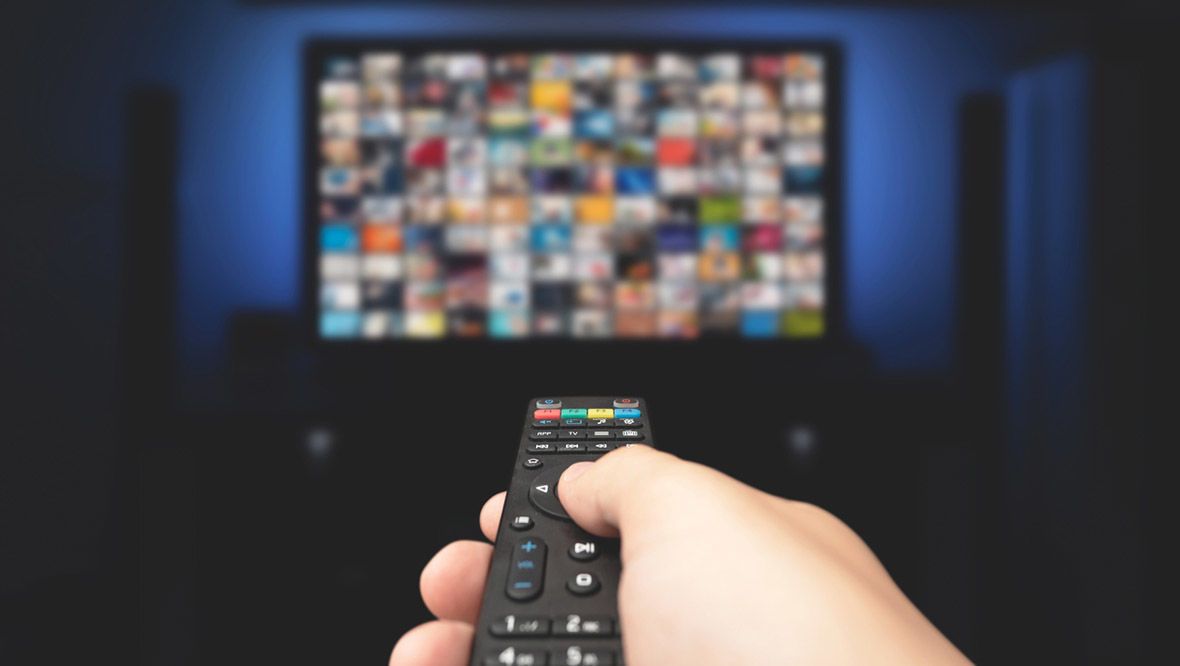 iStock
iStock















